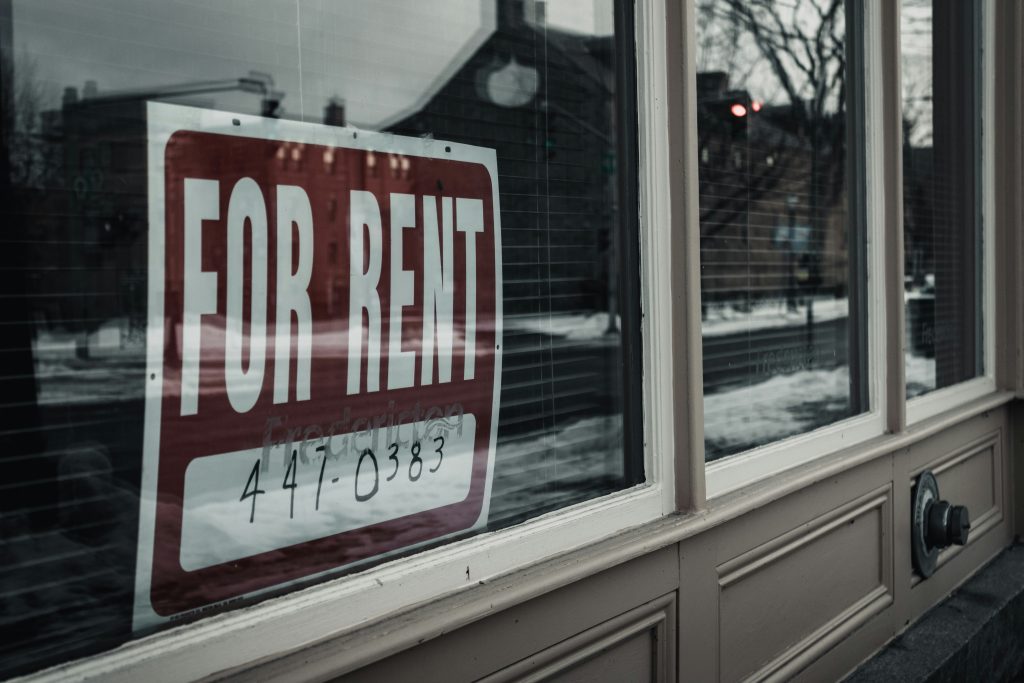
FARE Act Shifts Broker Fees to NYC Landlords
MOHAMED FARGHALY
Mfarghaly@queensledger.com
A sweeping new housing law has taken effect in New York City, shifting the financial burden of rental broker fees from tenants to landlords — a change that is already reshaping the city’s rental landscape and causing a stir among renters and real estate professionals alike.
The Fairness in Apartment Rental Expenses (FARE) Act, which officially went into effect on June 11, requires that whoever hires a real estate broker — in most cases, the landlord — must cover the cost of their services. Broker fees, which often amount to 12% to 15% of annual rent, have long added thousands of dollars in upfront costs for New Yorkers signing leases.
Under the new law, if a landlord uses a broker to market their apartment, they alone are responsible for the commission. Tenants are still allowed to hire brokers for their own apartment search, but in those cases, they would pay the fee themselves.
The FARE Act also requires that all fees — including charges for background and credit checks — be disclosed “clearly and conspicuously” in listings and rental agreements, aiming to make the process more transparent for prospective renters
Tenant advocates have hailed the law as a long-overdue reform. In a city where median rents have surged — with Manhattan’s median asking rent reaching $4,200 in late 2024 — many have decried the practice of renters having to pay fees to agents who represent landlords.
Nick E. Smith, Executive Director of Communities Resist, expressed strong support for the FARE Act following its passage by the New York City Council. Communities Resist, a housing legal services organization led by people of color, focuses on preventing gentrification and displacement in low-income communities.

Courtesy Freepik
“For far too long, renters across this city have faced exorbitant broker fees. With rents soaring, these fees are another obstacle to New Yorkers trying to find an affordable place to live. The Fairness in Apartment Rental Expenses (FARE) Act is a critical step towards combating our housing crisis and helping New Yorkers find a place they can afford to call home. I applaud Council Member Ossé for introducing this critical piece of legislation. I look forward to seeing the FARE Act become law as soon as possible,” Smith said.
Not everyone in the real estate world is convinced of the law’s benefits. Critics warn that landlords may respond to the new financial obligation by raising rents on market-rate units to recoup broker costs — potentially spreading the fee’s impact out over a year, rather than eliminating it altogether.
“From the other side, their position is that the rents will just go up to cover the cost of the agency,” said Ryan Walsh, Esq., of Walsh & Gilad PLLC, a law firm specializing in real estate.
Walsh also warned of a possible “cooling effect” in the real estate profession. With landlords hesitant to shoulder added expenses, agents may be less inclined to represent tenants — especially if renters are increasingly opting to avoid brokers entirely to save costs.
“I spoke to someone renting out a condo in Long Island City,” Walsh said. “He said there were plenty of interested renters — but none of them came with agents.”
Thomas Chimber, a licensed agent with the Corcoran Group, said he views the FARE Act as an opportunity. “This change could actually increase trust and confidence in the market,” he said, noting that reduced upfront costs may encourage more renters to explore their housing options
Despite months of debate and a 42-8 City Council vote approving the law, some renters remain unsure about what the FARE Act actually changes.
Landlords who violate the new requirements can be fined up to $2,000 by the city and face an additional $2,000 in state penalties. Complaints can be filed with the Department of Consumer and Worker Protection.
Until now, New York City and Boston were among the few U.S. cities where tenants regularly paid the broker fees for landlord-hired agents. With the FARE Act’s implementation, the city moves closer to standard practices elsewhere in the country.
Still, the long-term impact of the law — on rents, broker participation, and housing access — remains to be seen.
Walsh emphasizes that real estate agents still provide significant value in the rental process, even under the new FARE Act. He compares them to a concierge service, helping clients identify suitable listings in specific neighborhoods, navigate online platforms like MLS and Zillow, and complete rental applications. Beyond simply finding listings, agents assist in presenting tenants in the best possible light to landlords and can sometimes negotiate better terms. Walsh argues that despite changes in how fees are paid, the expertise and support agents offer remain important.
However, the FARE Act could offer meaningful relief to prospective tenants in New York City, where the high cost of living has left many lifelong residents feeling trapped in their parents’ homes. In a city where upfront costs — including first and last month’s rent, security deposit, and broker fees — can easily surpass $10,000, eliminating the requirement for tenants to pay broker fees could lower a significant barrier to entry. For young people and working-class New Yorkers, this change may provide a more attainable path to independence, making it slightly easier to secure housing in a market that often feels out of reach. By reducing the financial burden at the start of a lease, the FARE Act could be a step toward addressing the broader affordability crisis that continues to push many New Yorkers out of the neighborhoods they grew up in.
“Only time will tell if this will be good or bad,” Walsh said. “Think about it this way: a landlord can now list their apartment for rent on a variety of free platforms without using an agent. At the same time, prospective tenants might avoid using an agent too, because they’ll assume that if they come with one, the landlord might choose another applicant to avoid paying the broker fee. So, I think it’s another way to cut the agent out of the transaction.”

Courtesy Aaron Sousa


